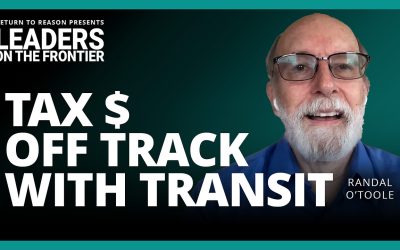
Executive Summary
- Government automobile insurance companies in Manitoba, Saskatchewan, and British Columbia have used data to produce insurance premium comparisons which exaggerate estimates of insurance costs in private-sector provinces.
- The claim that the cost of auto insurance is lower in provinces where government requires it to be purchased from a government provider is not accurate in the case of Manitoba and British Columbia. In the case of Saskatchewan, the average premium is lower than private-sector provinces.
- Average premium comparisons mask a number of reasons why prices differ.
- Claim costs vary greatly by province. Such costs (which include payouts) affect the cost of insurance. With insurance, consumers do indeed get what they pay for.
- Some private-sector provinces have less expensive average insurance prices than other provinces where government is the main insurer.
- Insurance policies must reflect risk in order to send signals to drivers about their potentially dangerous behaviour and the relative risk of their age and gender cohort.
- Governments should end taxes that apply only to insurance products.
- Consumers should be offered a choice between no-fault or tort insurance.
- Full competition should be allowed in provinces where it does not now exist. There is no price or product advantage to monopoly-provided insurance.
- Consumers in search of a fair system of comprehensive auto insurance should demand hat it be competitive, that it reward good drivers and penalize poor ones and that they receive adequate comparative information from agents.
Read PDF – 28 pages


